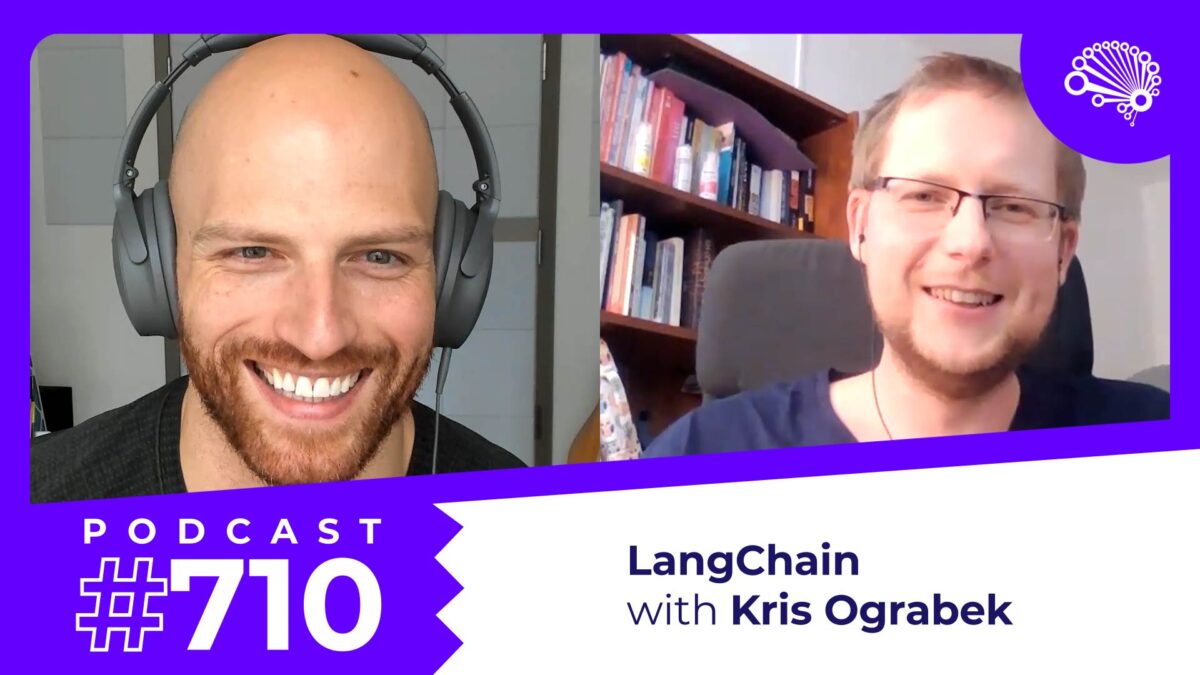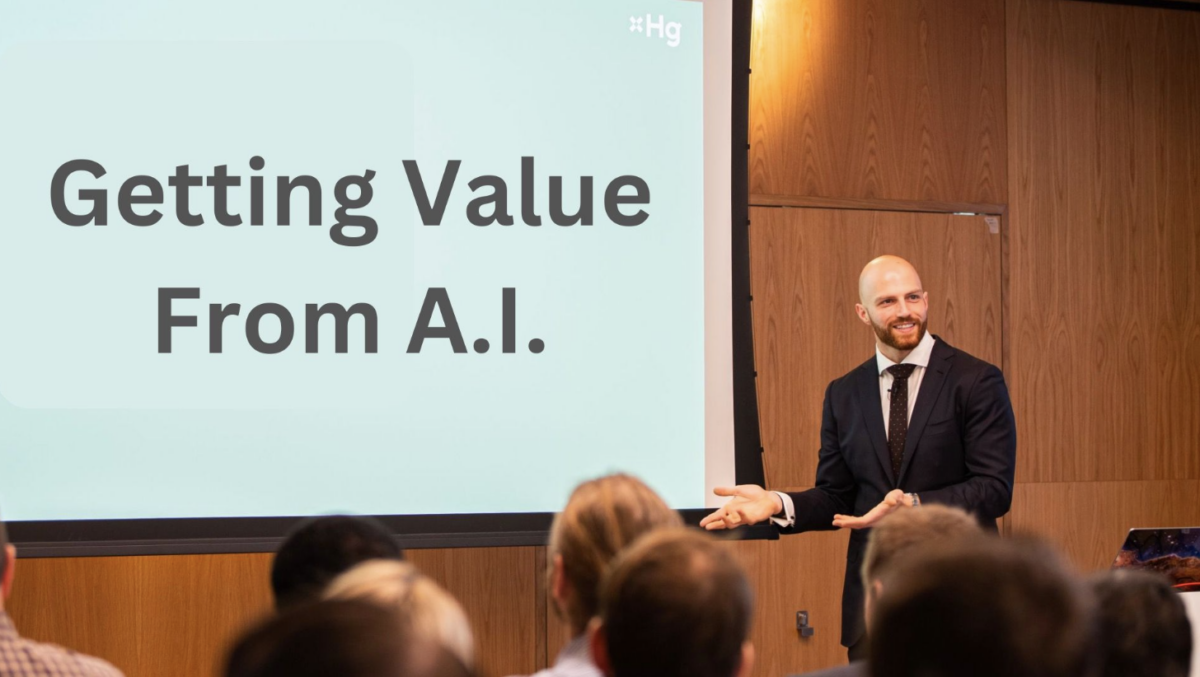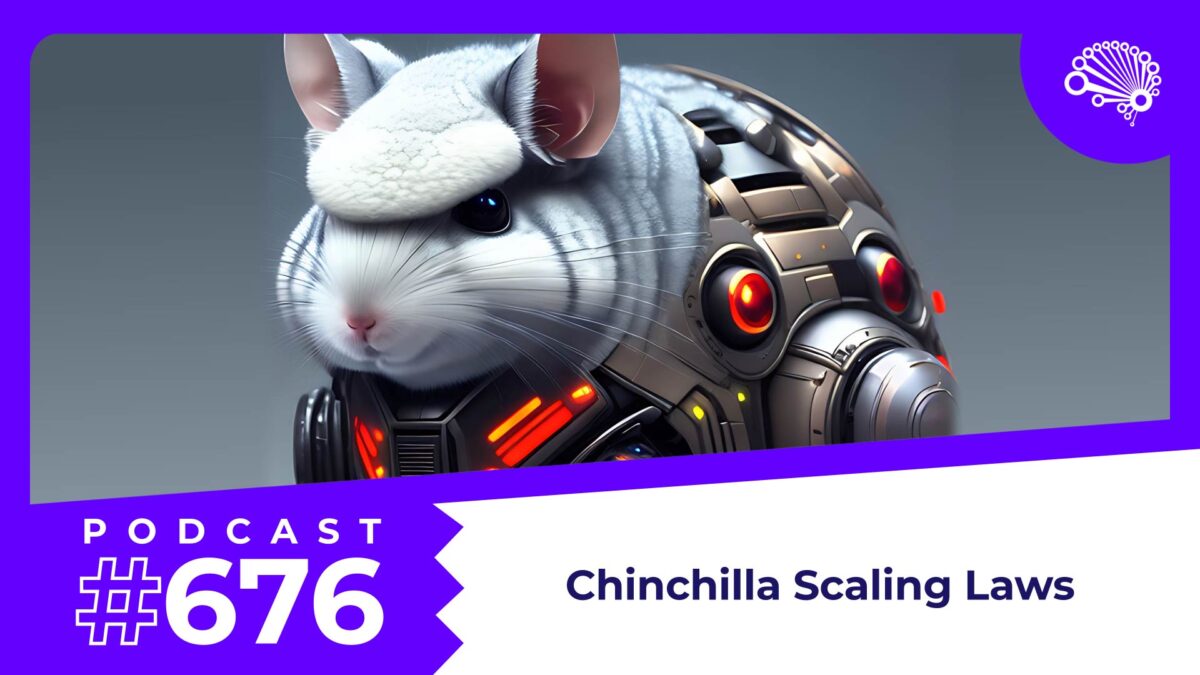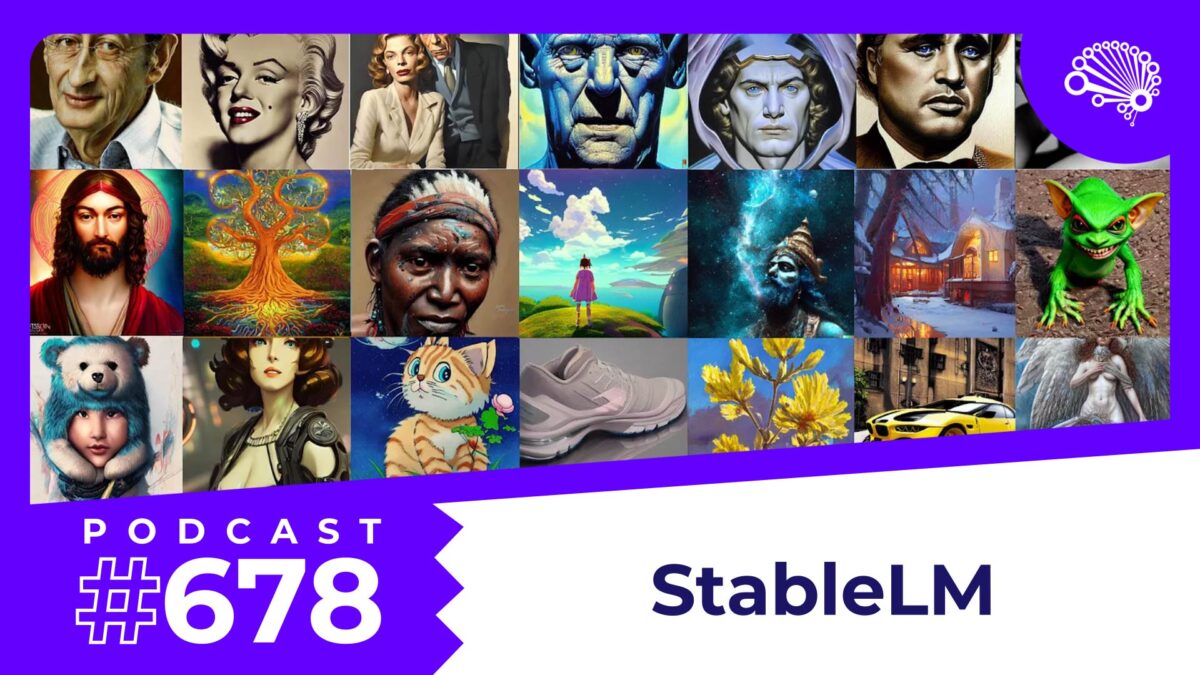This SuperDataScience episode hosted by our Chief Data Scientist, Jon Krohn, is a fun intro to the powerful, versatile LLM-development framework LangChain. In it, Kris Ograbek talks us through how to use LangChain to chat with previous episodes of SuperDataScience!
Kris:
• Is a content creator who specializes in creating LLM-based projects — with Python libraries like LangChain and the Hugging Face Transformers library — and then using the projects to teach these LLM techniques.
• Previously, he worked as a software engineer in Germany.
• He holds a Master’s in Electrical and Electronics Engineering from the Wroclaw University of Science and Technology.
In this episode, Kris details:
• The exceptionally popular LangChain framework for developing LLM applications.
• Specifically, he introduces how LangChain is so powerful by walking us step-by-step through a chatbot he built that interactively answers questions about episodes of the SuperDataScience podcast.
Having been listening to the podcast for years, at the end of the episode Kris flips the script on me and asks me some of the burning questions he has for me — questions that perhaps many other listeners also have wondered the answers to.
The SuperDataScience podcast is available on all major podcasting platforms, YouTube, and at SuperDataScience.com.



